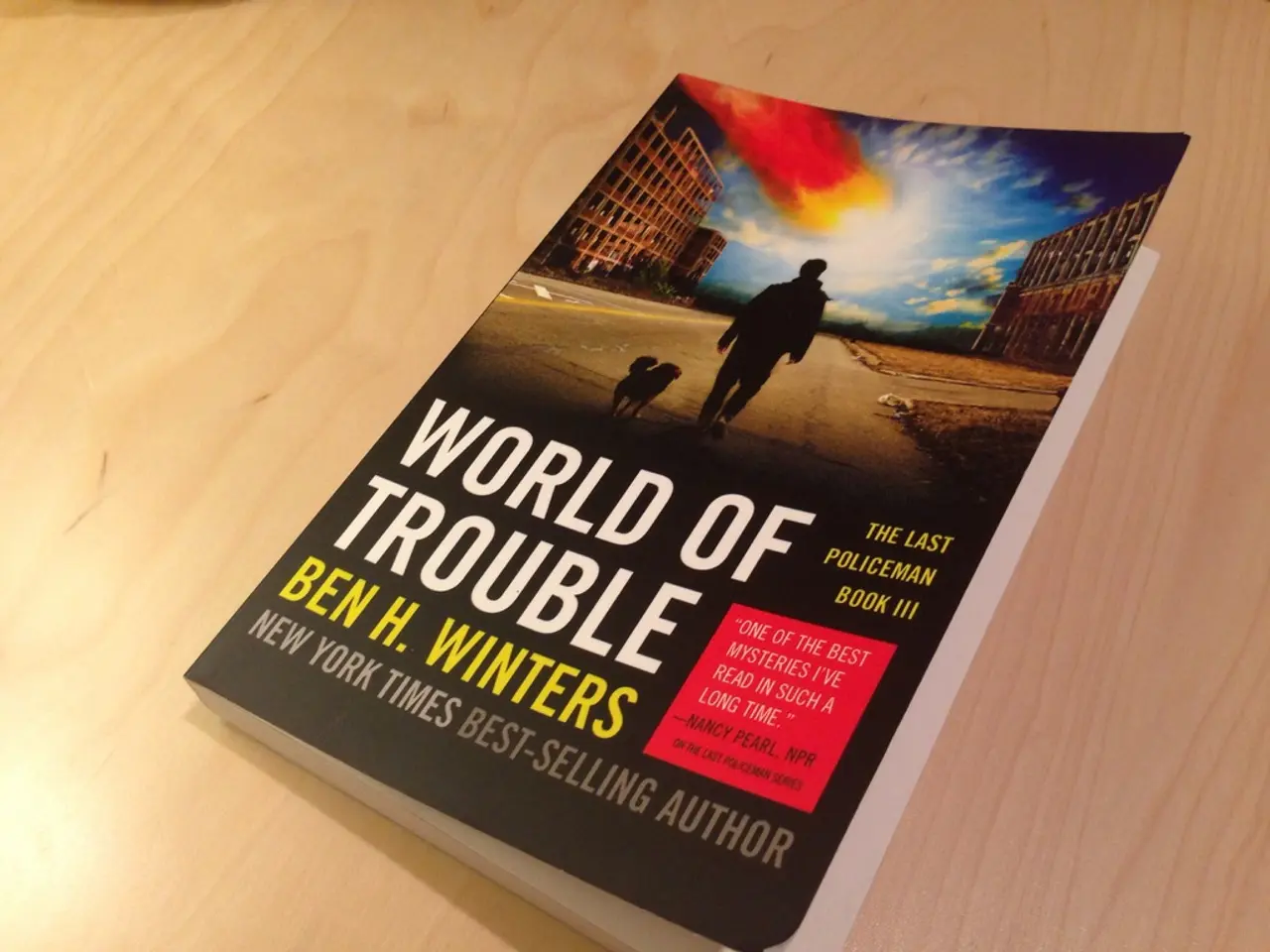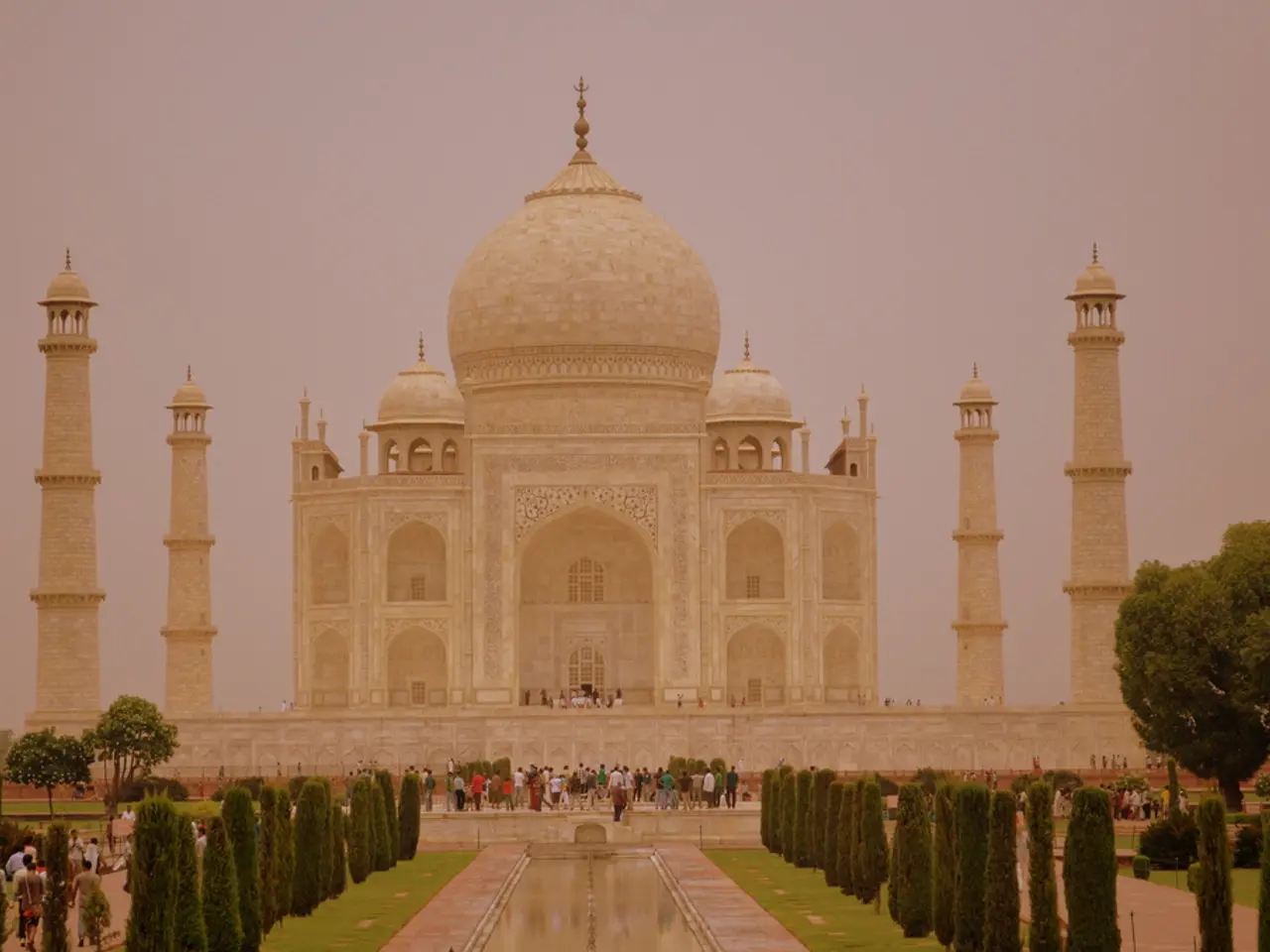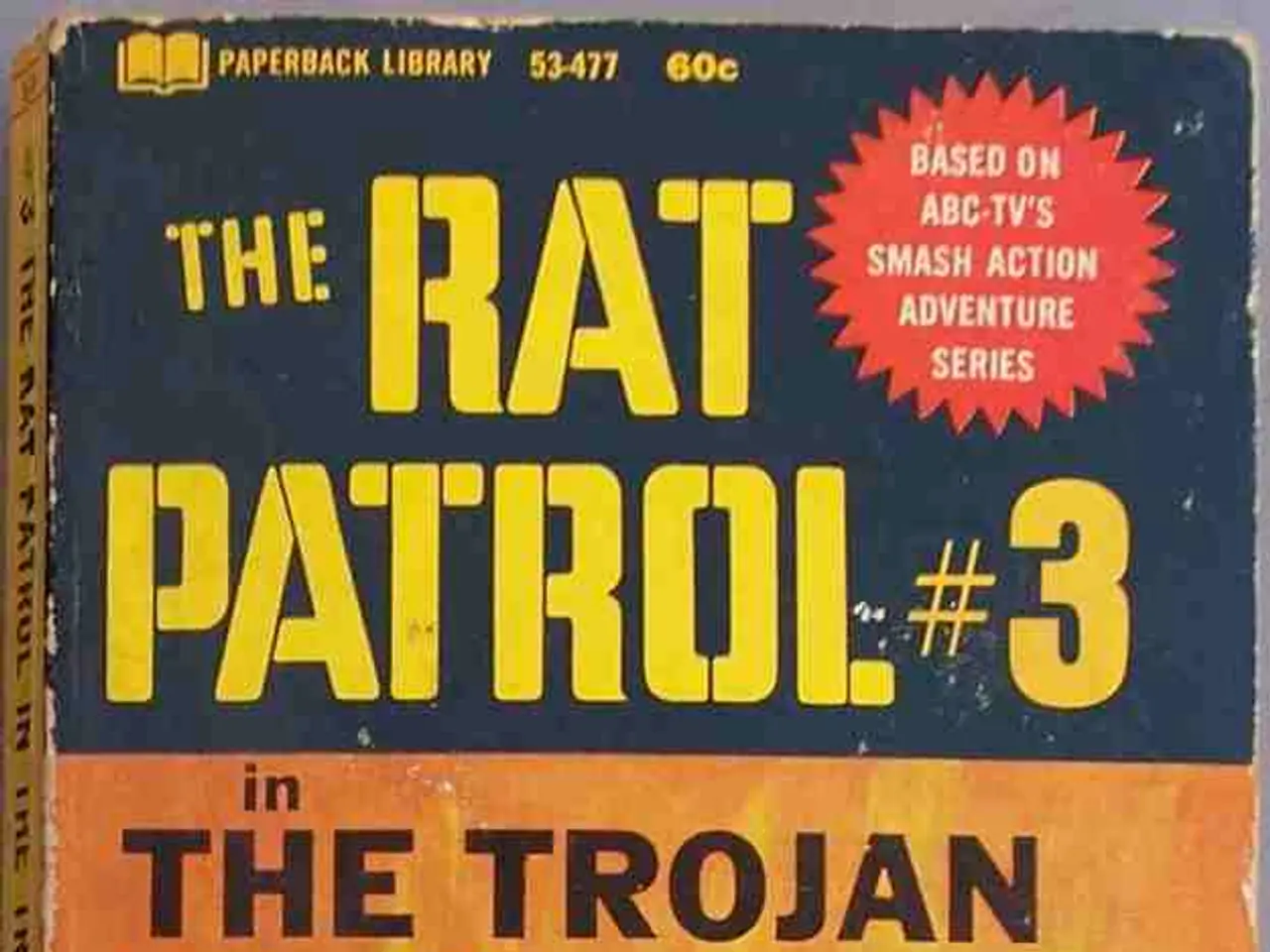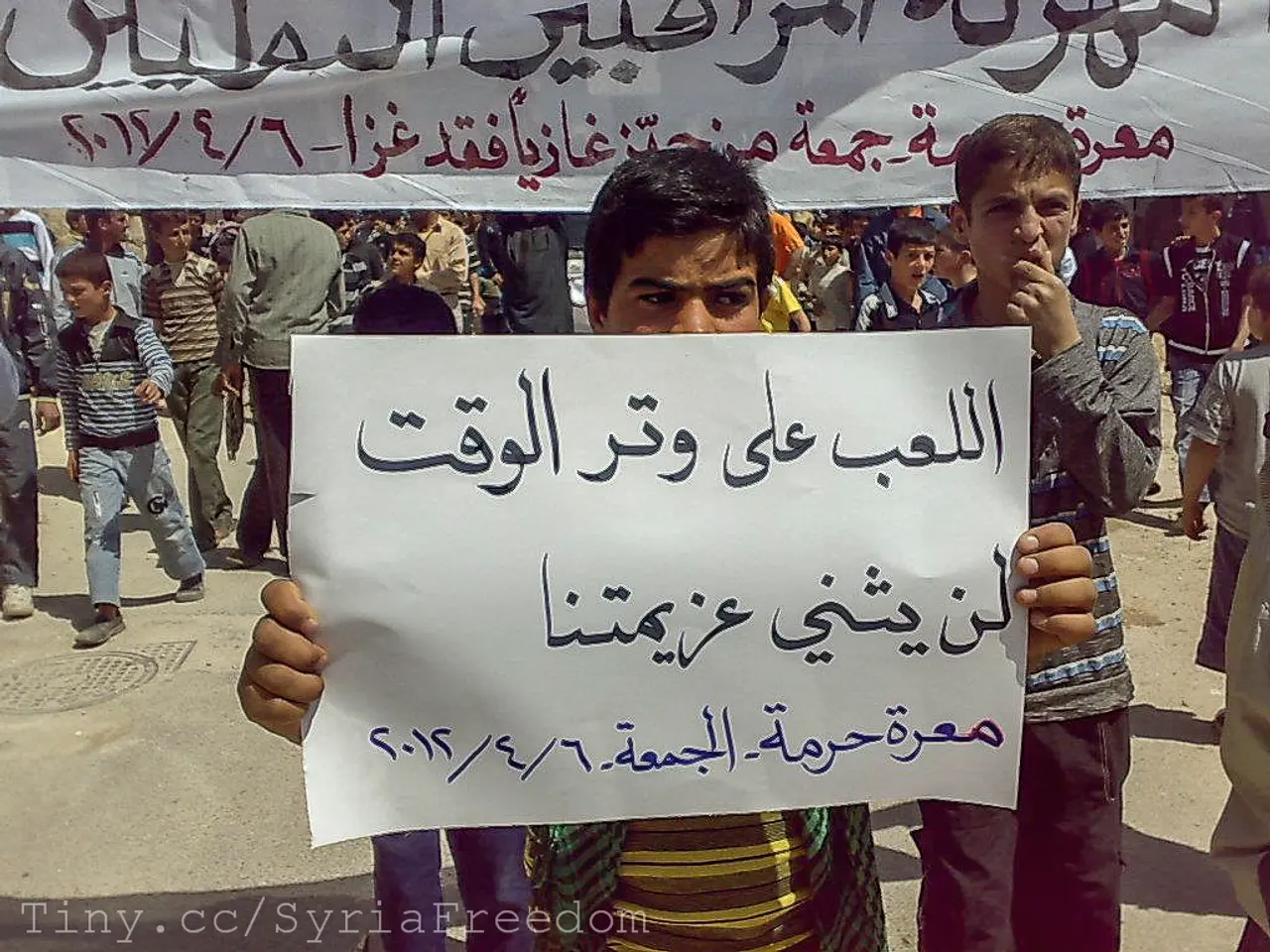Thai legal action initiated by Phumtham in response to lawsuit against Cambodia
Thailand is taking a significant step in addressing alleged wrongdoing by Cambodia, primarily through diplomatic and political means. The acting Prime Minister, Phumtham Wechayachai, has confirmed that Thailand is preparing to draft a lawsuit against Cambodia.
Phumtham has emphasized that this is not a political game or an attempt to create any specific atmosphere, but rather a responsibility to hold those accountable. The government's goal is to demonstrate that Cambodia had committed wrongdoing, which resulted in damages and loss of life in Thailand.
The relevant agencies in Thailand are preparing the lawsuit, which will follow the Thai judicial process. If Cambodian officials face prosecution in Thailand, the extent of the legal proceedings would determine the outcomes regarding their entry into the country.
Phumtham has set six Key Performance Indicators (KPIs) for a three-month crackdown on drugs under the 'Zero Drugs Thailand' initiative. He has also suggested that Thailand could use other mechanisms, such as the International Criminal Police Organisation (Interpol), and various other legal procedures to ensure justice.
However, it's important to note that Thailand has explicitly rejected the jurisdiction of the International Court of Justice (ICJ). The ICJ has played a significant role in the past, having issued rulings affirming Cambodia’s sovereignty over Preah Vihear Temple in 1962 and 2013. However, Thailand does not accept ICJ jurisdiction for disputes beyond these rulings and refuses to participate in new ICJ cases regarding unresolved border sections.
Interpol, on the other hand, is not directly involved in this particular interstate dispute. Interpol typically facilitates international police cooperation on criminal matters rather than interstate territorial disputes. The Thailand-Cambodia conflict is treated primarily as a political and military dispute with diplomatic and legal negotiations.
Both countries have experienced violent clashes and recalls of diplomats amid border tensions, demonstrating the dispute's political volatility. Ceasefire agreements have been facilitated with third-party involvement, indicating a role for international mediation without necessarily engaging courts like the ICJ further.
Phumtham has clarified that the legal process would determine the next steps, including the finalization of a list of individuals to be sued. If Cambodia is ready to settle, they can come forward, but if they refuse, they will face criminal and civil charges in Thai courts.
In summary, Thailand addresses alleged wrongdoing by Cambodia largely through diplomatic and political means domestically, while Cambodia seeks international legal rulings via ICJ. International organizations like Interpol are not involved in this particular interstate dispute. The legal action will follow the Thai judicial process, and the government will continue to address related issues, including legal actions, as part of its duty to seek justice.
[1] [Source 1] [2] [Source 2] [3] [Source 3] [4] [Source 4]
- Thailand, through its government, is utilizing diplomatic and political means, policy-and-legislation, and international cooperation, such as potential involvement with Interpol, to address the alleged wrongdoing by Cambodia, while rejecting the jurisdiction of the International Court of Justice (ICJ) in this matter.
- The ongoing dispute between Thailand and Cambodia is not only about politics but also general news, as it involves allegations of damage and loss of life, diplomatic conflicts, and international legal proceedings in Thai courts, with the potential for Interpol involvement for criminal matters and a focus on accountability and justice.







